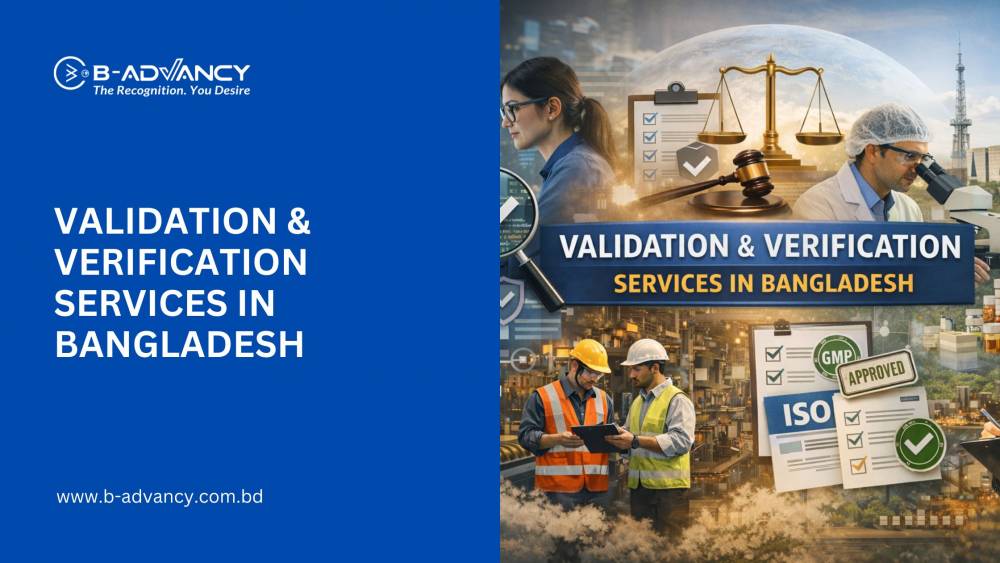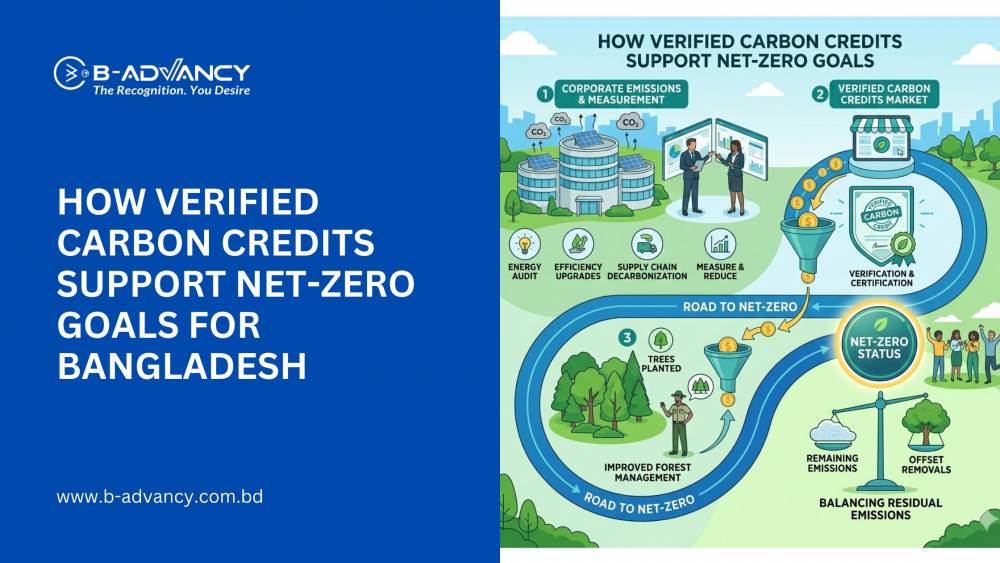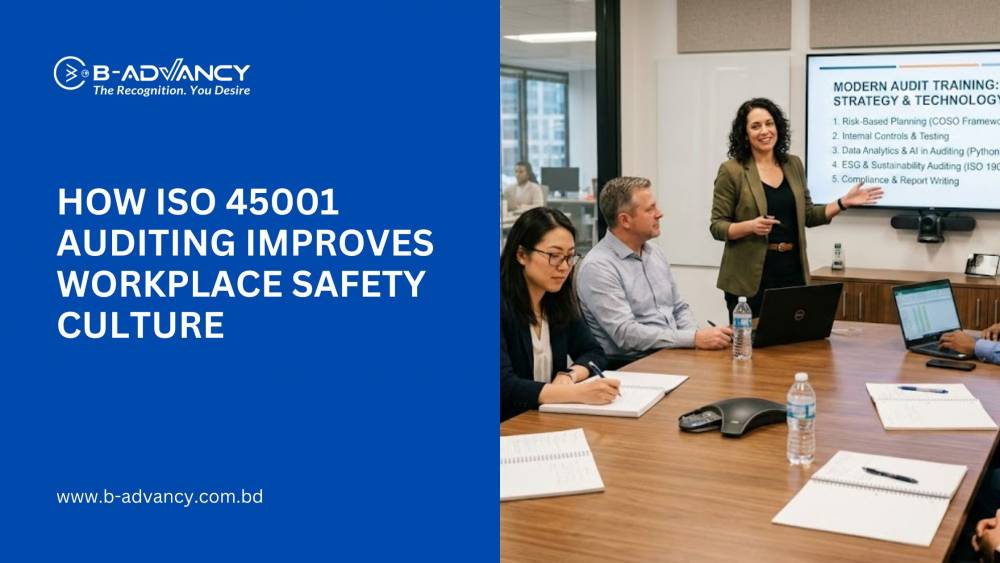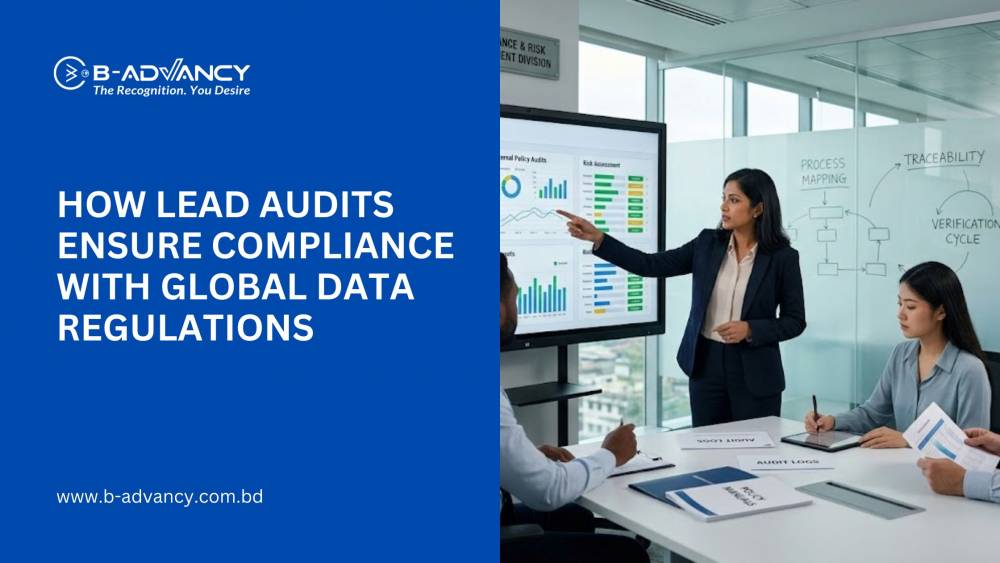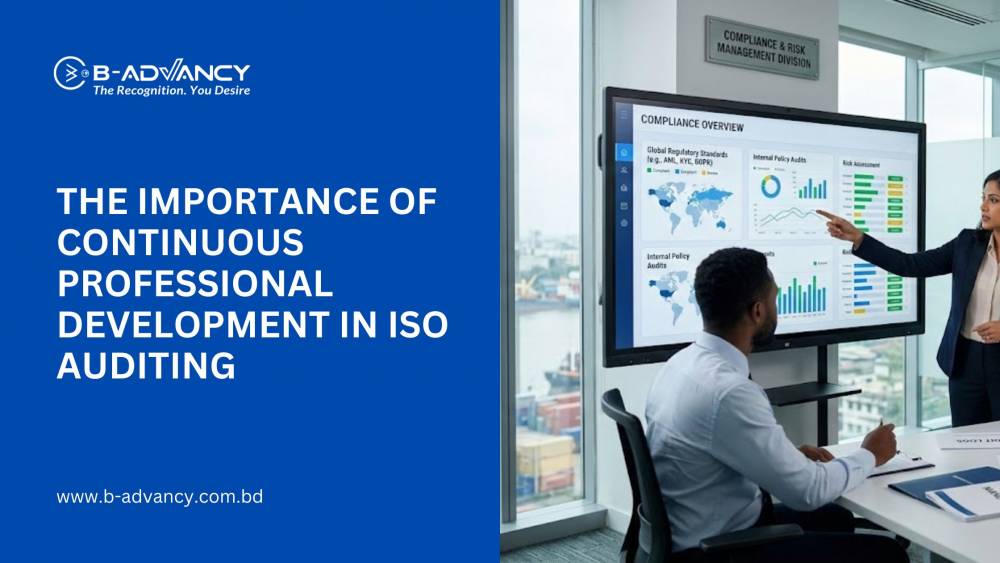Certification for Cloud Services and Data Colocation Providers in Bangladesh
As Bangladesh rapidly advances toward a digitally powered economy, the demand for secure and reliable cloud services and data centers is skyrocketing. For providers in this sector, achieving certifications isn't just a formality; it's a strategic imperative that builds trust, ensures security, and provides a crucial competitive edge. This article outlines why certification is vital and which standards matter most for cloud and data colocation providers in Bangladesh.
Why Certification is Critical for Cloud & Data Hosting Services
Certifications are a globally recognized way to demonstrate that your infrastructure, processes, and personnel meet the highest standards. In a country where digital trust is still being built, certifications offer:
-
Enhanced Security & Trust: Certifications prove that you have robust security controls in place to protect client data from breaches and cyber threats. This is a primary concern for any business looking to migrate to the cloud or use a colocation facility.
-
Regulatory Compliance: They help you comply with both local laws, such as the Digital Security Act, and international regulations like GDPR, which is a must for attracting foreign clients.
-
Competitive Advantage: Many large corporate and government tenders now require certifications like ISO 27001 as a prerequisite, giving certified providers a significant advantage over competitors.
-
Operational Excellence: The certification process forces you to streamline internal processes, improving efficiency and ensuring business continuity in the face of disruptions.
Essential Certifications for Cloud & Data Providers
To be a market leader, your company should consider these key standards:
-
ISO/IEC 27001:2022 (Information Security Management System - ISMS): This is the foundational and most important certification for any cloud or data center provider. It outlines the requirements for establishing, implementing, maintaining, and continually improving an ISMS.
-
ISO/IEC 27017 (Cloud Security): An extension of ISO 27001, this standard provides a code of practice specifically for cloud services. It addresses unique cloud security concerns, such as the shared responsibility model between the provider and the customer.
-
ISO 22301:2019 (Business Continuity Management): In the event of a disaster, this certification ensures your services can continue operating or be quickly restored. For a data center, this is critical for guaranteeing uptime and client service-level agreements (SLAs).
-
PCI DSS (Payment Card Industry Data Security Standard): This is mandatory for any provider that handles credit or debit card data. It's essential for data centers and cloud services hosting e-commerce platforms or payment gateways.
-
SOC 2 (System and Organization Controls): While less common in Bangladesh, this U.S.-based framework is highly sought after by international clients. A SOC 2 report attests to a provider's controls related to security, availability, processing integrity, confidentiality, and privacy.
The Certification Process: A Quick Overview
The journey to certification typically follows a structured path:
-
Gap Assessment: An initial review to identify a provider's current security posture and pinpoint areas that need improvement to meet the standard.
-
Implementation: Develop and document policies, procedures, and controls.
-
Internal Audit: The provider conducts its own audit to ensure readiness.
-
External Audit: An accredited certification body performs an official audit. Upon a successful audit, certification is granted.
-
Surveillance & Renewal: To maintain certification, annual surveillance audits are conducted, with a full renewal audit every three years.
Contact B-ADVANCY for Consultancy Support
To consult or certify your business with B-ADVANCY, contact via WhatsApp:
👉 https://wa.me/+8801612264559
Learn more at: 🌐 www.b-advancy.com.bd
Conclusion
As Bangladesh's digital backbone strengthens, certifications for cloud service providers and data colocation centers are no longer just an advantage—they are the cornerstone of operational credibility and long-term business growth. By aligning with international standards, providers can build client trust and position themselves as leaders in the country's burgeoning digital landscape.






























































































































































































